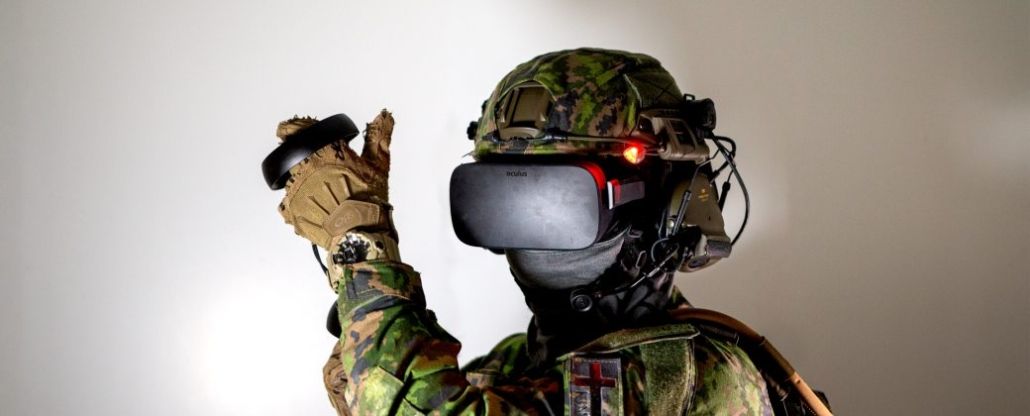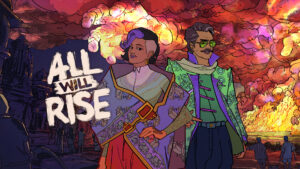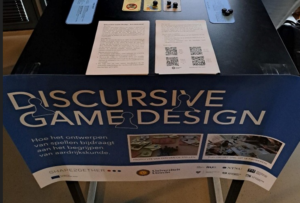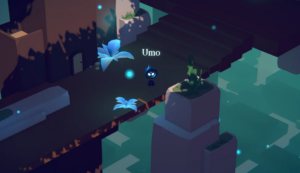
How can we understand and explain the occurrence of the ludification of warfare in the Netherlands?
Over the past two decades, the Netherlands Armed Forces have witnessed an increased usage of virtual training environments and serious games across all branches of the organisation. In the same period, the armed forces began acquiring remote-controlled unmanned aerial vehicles (a.k.a. drones); this recently culminated in the scheduled acquisition of four MQ-9 Reaper drones in 2021. Critics and scholars have argued that the perceived cleanness and precision of remote warfare and the extensive use of simulations and serious games by military organisations are not only making war into ‘just a game’, but that these technologies are making the act of killing itself morally and politically acceptable to a problematic degree. Even more than that, they demonstrate in various ways the well-documented and long-standing techno-politico-economic interaction of military, academic, and commercial interests.
These two roughly synchronous technological developments happening in the armed forces form the basis of a ‘ludification of warfare’, the discursive and material escalation in the mobilization of playful digital technologies in the service of a nation’s military efforts. This research project seeks to understand and explain this ongoing logistical process by mapping out the Dutch ‘military-academic-entertainment complex’ and the nature of its relationship to the ludification of warfare in the Netherlands. In doing so, the project aims to contribute to current public debates about the potential impacts of drones, military simulation, and games on warfare in the Netherlands.
This project was funded through the NWO ‘PhDs in the Humanities’ grant program for a period of four years (1 September 2021 until 31 August 2025). Supervisors: prof. dr. Joost Raessens, prof. dr. Jolle Demmers and dr. Stefan Werning.




